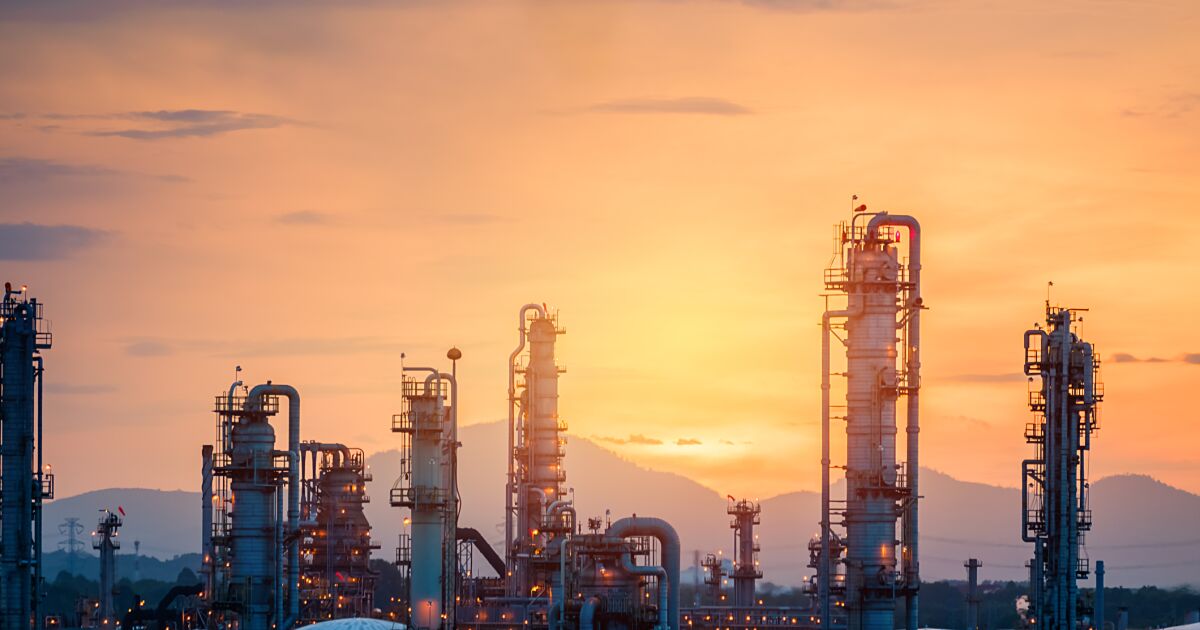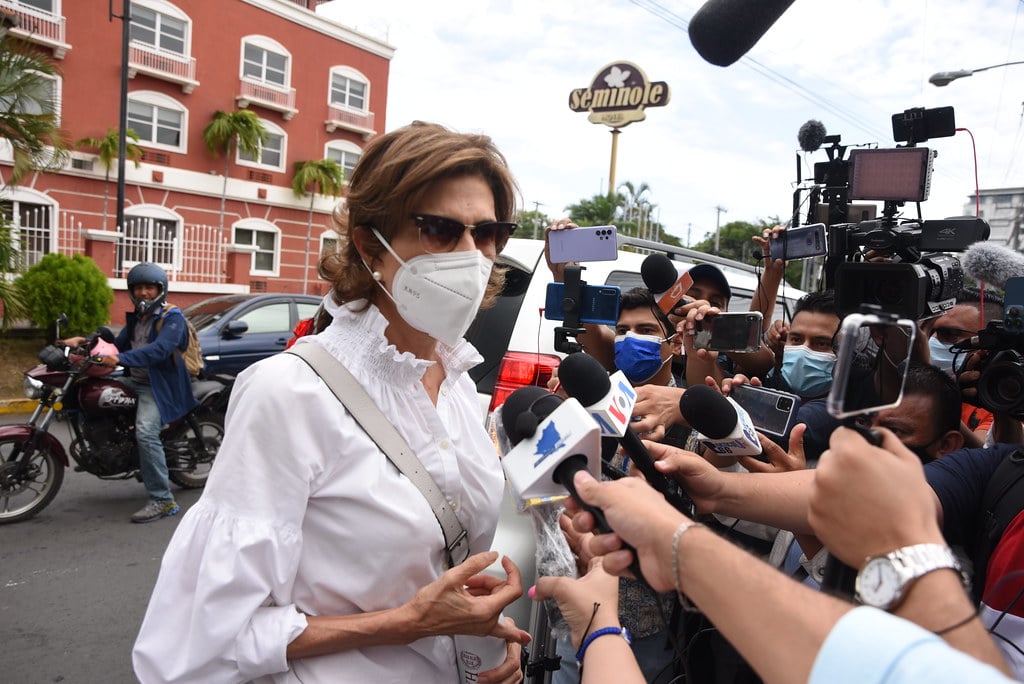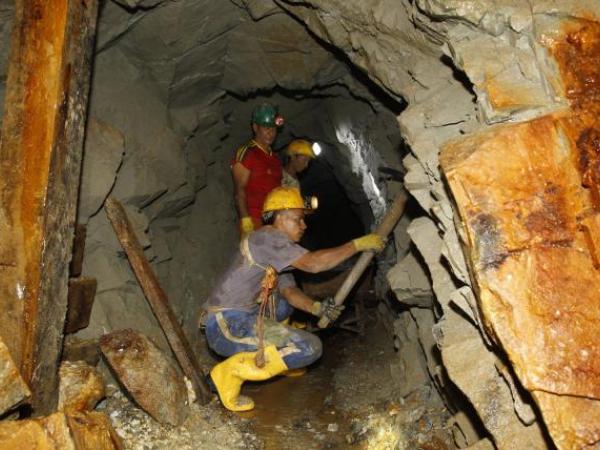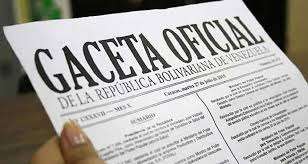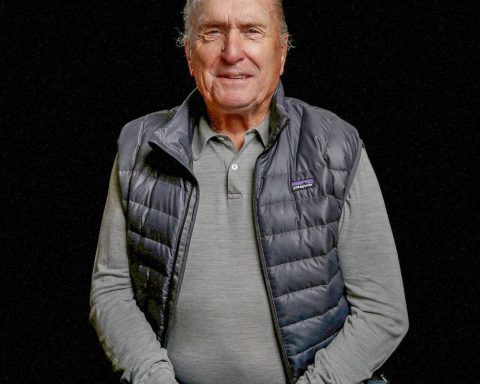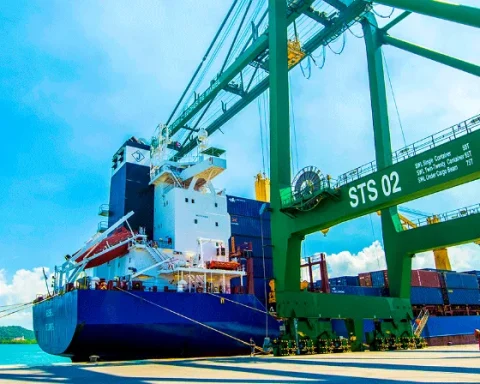Between Moscow and Washington
But like their Gulf neighbors, Riyadh and Doha are treading carefully.
Qatar indicated that it has little additional LNG production capacity and that the amount of gas that can be diverted from existing contracts is limited.
At a summit of gas exporters in Doha earlier this week, major producers including Russia said they could not guarantee prices or supplies.
Saudi Arabia is reluctant to produce more crude
For its part, Saudi Arabia, a key player in OPEC+ along with Russia, did not express interest in increasing oil production.
“OPEC + has so far expressed its intention to respect the agreement,” Amena Bakr, from the Energy Intelligence analysis office, told AFP, referring to the current production quotas of the member countries.
Close to Washington and Moscow, Qatar and Saudi Arabia rely on the US military umbrella, while developing economic and political relations with Russia.
“Saudi Arabia wants to keep Russia as a partner in OPEC+,” Ben Cahill, a researcher at the Center for Strategic and International Studies, told AFP.
The current crisis also provides the oil and gas producing countries of the Gulf with an opportunity to remind themselves of their strategic importance, at a time when criticism abounds about the impact of the hydrocarbon industry on the environment and climate.
Qatar thus hopes to obtain long-term supply contracts (up to 25 years), which Europe has so far refused.
The Gulf countries facing their “decline” in a context of “energy transition” can take this opportunity “to assert their importance in the world economy”, underlines Karen Young.
